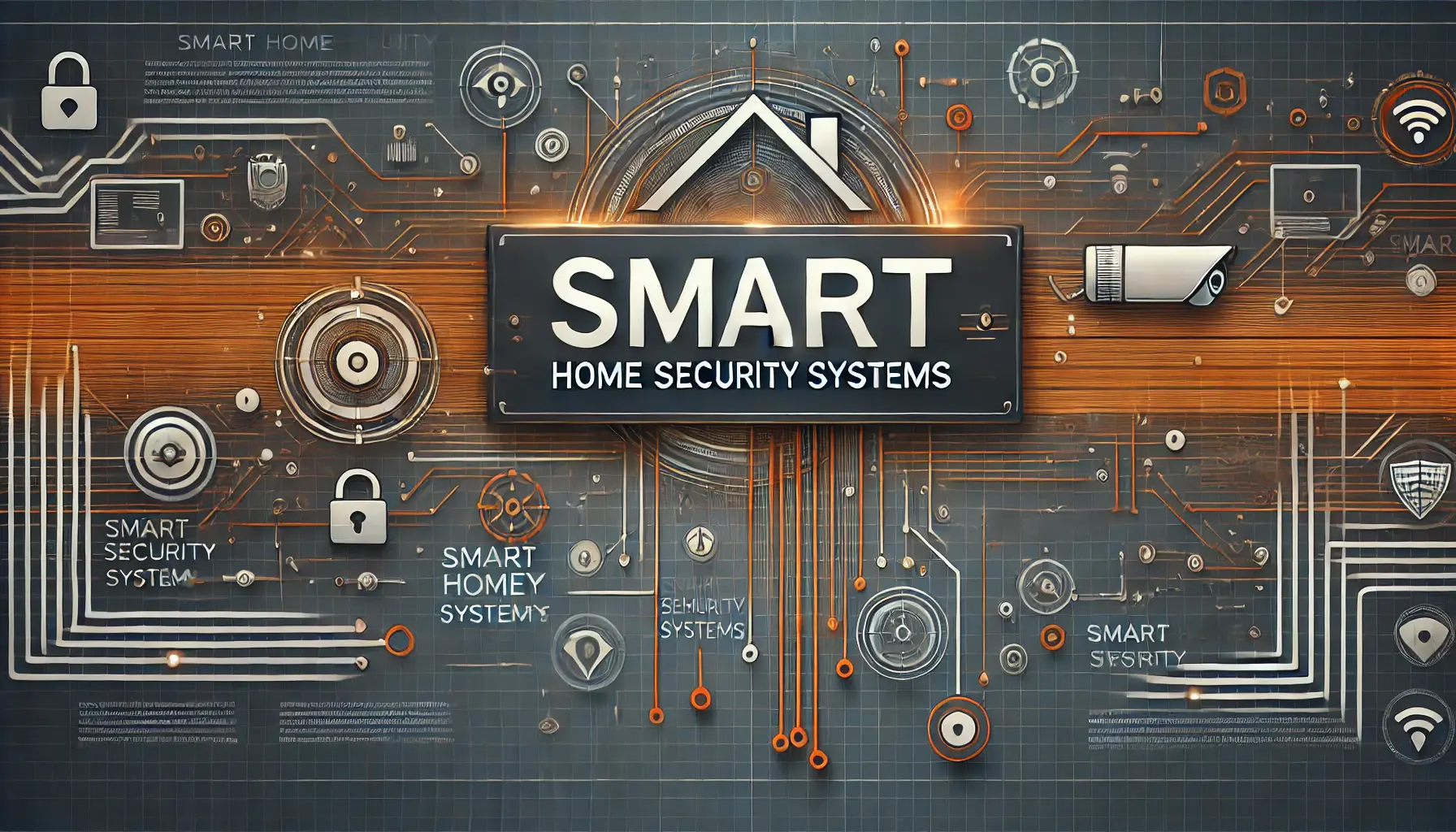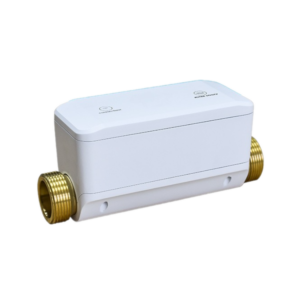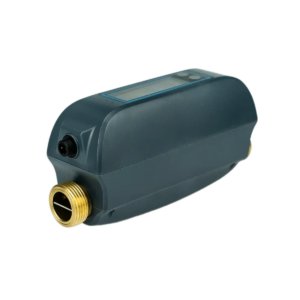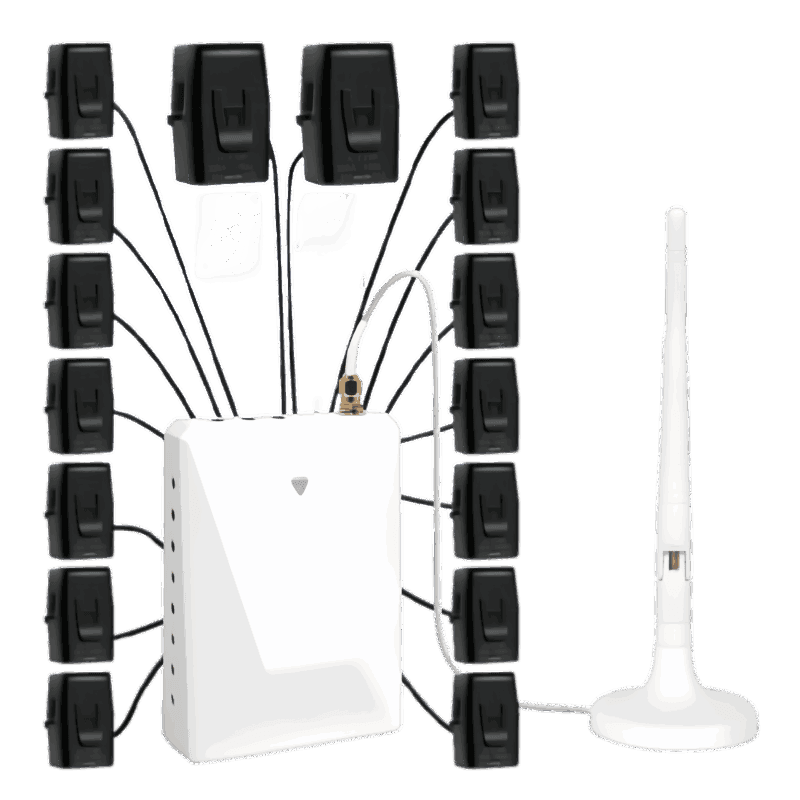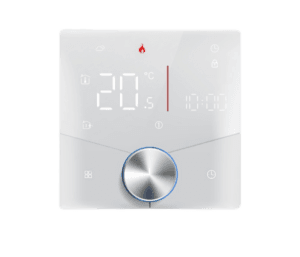Smart Home Security Systems: Enhance your home security with cutting-edge technology. Learn everything you need to know about smart home security systems, including features, benefits, and expert insights.
1. Smart Home Security Systems
Smart home security systems are a rapidly growing industry, as more and more people are looking for ways to protect their homes and families. These systems use a variety of sensors and devices to monitor your home for potential threats, such as intruders, fire, and water damage. They can also be used to control your home's lighting, temperature, and other functions.
Smart home security systems offer a number of benefits over traditional security systems. They are typically more affordable, easier to install, and more user-friendly. They also provide a wider range of features, such as remote access and monitoring.
2. How Do Smart Home Security Systems Work?
Smart home security systems work by using a network of sensors and devices to monitor your home for potential threats. These sensors can detect a variety of things, such as:
- Motion
- Heat
- Smoke
- Water
- Glass breakage
When a sensor is triggered, it will send a signal to the system's control panel. The control panel will then send an alert to your smartphone or other device, so you can take appropriate action.
3. What Are the Benefits of Smart Home Security Systems?
Smart home security systems offer a number of benefits, including:
- Peace of mind: Knowing that your home is protected can give you peace of mind.
- Deterrence: Smart home security systems can deter burglars and other criminals from targeting your home.
- Early detection: Smart home security systems can detect threats early on, giving you time to take action.
- Remote access: You can access your smart home security system from anywhere with an internet connection.
- Convenience: Smart home security systems are easy to use and can be customized to fit your needs.
4. What Are the Different Types of Smart Home Security Systems?
There are a variety of different types of smart home security systems available, each with its own unique features and benefits. Some of the most common types include:
- Wired systems: Wired systems are the most reliable type of smart home security system. They are typically more expensive to install, but they offer the best protection.
- Wireless systems: Wireless systems are less expensive and easier to install than wired systems. However, they are not as reliable and may be more vulnerable to interference.
- DIY systems: DIY systems are designed to be installed by the homeowner. They are typically less expensive than professionally installed systems, but they may not offer the same level of protection.
- Professionally installed systems: Professionally installed systems are the most expensive type of smart home security system. However, they offer the best protection and are typically more reliable than DIY systems.
5. How to Choose the Right Smart Home Security System for You
Choosing the right smart home security system for your needs can be a daunting task. There are a number of factors to consider, including:
- The size of your home
- The number of entry points to your home
- Your budget
- Your lifestyle
It is important to take the time to research your options and find a system that meets your specific needs.
6. Smart Home Security Devices
Smart home security systems use a variety of devices to monitor your home for potential threats. These devices include:
- Motion sensors: Motion sensors detect movement in your home.
- Heat sensors: Heat sensors detect changes in temperature in your home.
- Smoke sensors: Smoke sensors detect smoke in your home.
- Water sensors: Water sensors detect water leaks in your home.
- Glass breakage sensors: Glass breakage sensors detect when a window or door is broken.
These devices are typically wireless and can be placed anywhere in your home. They are connected to the system's control panel, which will send an alert to your smartphone or other device if a sensor is triggered.
7. Smart Home Security Cameras
Smart home security cameras are a great way to add an extra layer of security to your home. They can be used to monitor your home for potential threats, such as burglars, intruders, and vandals.
Smart home security cameras are available in a variety of styles and features. Some of the most common types include:
- Indoor cameras: Indoor cameras are designed to be used inside your home. They are typically small and discreet, and can be placed anywhere in your home.
- Outdoor cameras: Outdoor cameras are designed to be used outside your home. They are typically more durable and weather-resistant than indoor cameras.
- Wi-Fi cameras: Wi-Fi cameras connect to your home's Wi-Fi network. They can be accessed from anywhere with an internet connection.
- Cellular cameras: Cellular cameras connect to a cellular network. They can be used in areas where there is no Wi-Fi signal.
When choosing a smart home security camera, it is important to consider the following factors:
- The location where you will be using the camera
- The features that you need
- Your budget
8. Smart Home Security System Features
Smart home security systems offer a variety of features, including:
- Remote access: You can access your smart home security system from anywhere with an internet connection.
- Notifications: You will receive alerts on your smartphone or other device if a sensor is triggered or if the system detects a potential threat.
- Customization: You can customize your smart home security system to fit your needs.
- Integration with other smart home devices: Many smart home security systems can be integrated with other smart home devices, such as smart lights, smart thermostats, and smart locks.
These features can make your smart home security system even more effective and convenient.
9. Smart Home Security System Installation
Smart home security systems can be installed by a professional or by the homeowner. If you are not comfortable installing the system yourself, it is important to hire a qualified professional.
Professional installation is typically more expensive than DIY installation. However, it is also more reliable and can help to ensure that your system is installed properly.
10. Smart Home Security System Maintenance
Smart home security systems require regular maintenance to ensure that they are functioning properly. This maintenance includes:
- Changing the batteries in the sensors and devices
- Cleaning the sensors and devices
- Testing the system regularly
It is important to follow the manufacturer's instructions for maintenance.
11. Smart Home Security System Cost
Smart home security systems can vary in price, depending on the type of system, the number of devices, and the features that you choose.
DIY systems: DIY systems typically cost between $100 and $500.
Professionally installed systems: Professionally installed systems typically cost between $500 and $2,000.
The cost of monitoring services will vary depending on the provider and the level of service that you choose.
12. Smart Home Security System Reviews
There are a number of different smart home security systems available on the market. It is important to read reviews from other users before you purchase a system. This will help you to make an informed decision about which system is right for you.
13. Smart Home Security System FAQ
What is a smart home security system?
A smart home security system is a system that uses sensors and devices to monitor your home for potential threats, such as intruders, fire, and water damage.
How do smart home security systems work?
Smart home security systems work by using a network of sensors and devices to monitor your home for potential threats. These sensors can detect a variety of things, such as motion, heat, smoke, water, and glass breakage. When a sensor is triggered, it will send a signal to the system's control panel. The control panel will then send an alert to your smartphone or other device, so you can take appropriate action.
What are the benefits of smart home security systems?
Smart home security systems offer a number of benefits, including:
- Peace of mind
- Deterrence
- Early detection
- Remote access
- Convenience
What are the different types of smart home security systems?
There are a variety of different types of smart home security systems available, each with its own unique features and benefits. Some of the most common types include:
- Wired systems
- Wireless systems
- DIY systems
- Professionally installed systems
How to choose the right smart home security system for you
Choosing the right smart home security system for your needs can be a daunting task. There are a number of factors to consider, including:
- The size of your home
- The number of entry points to your home
- Your budget
- Your lifestyle
How much do smart home security systems cost?
Smart home security systems can vary in price, depending on the type of system, the number of devices, and the features that you choose. DIY systems typically cost between $100 and $500. Professionally installed systems typically cost between $500 and $2,000.
How to install a smart home security system
Smart home security systems can be installed by a professional or by the homeowner. If you are not comfortable installing the system yourself
